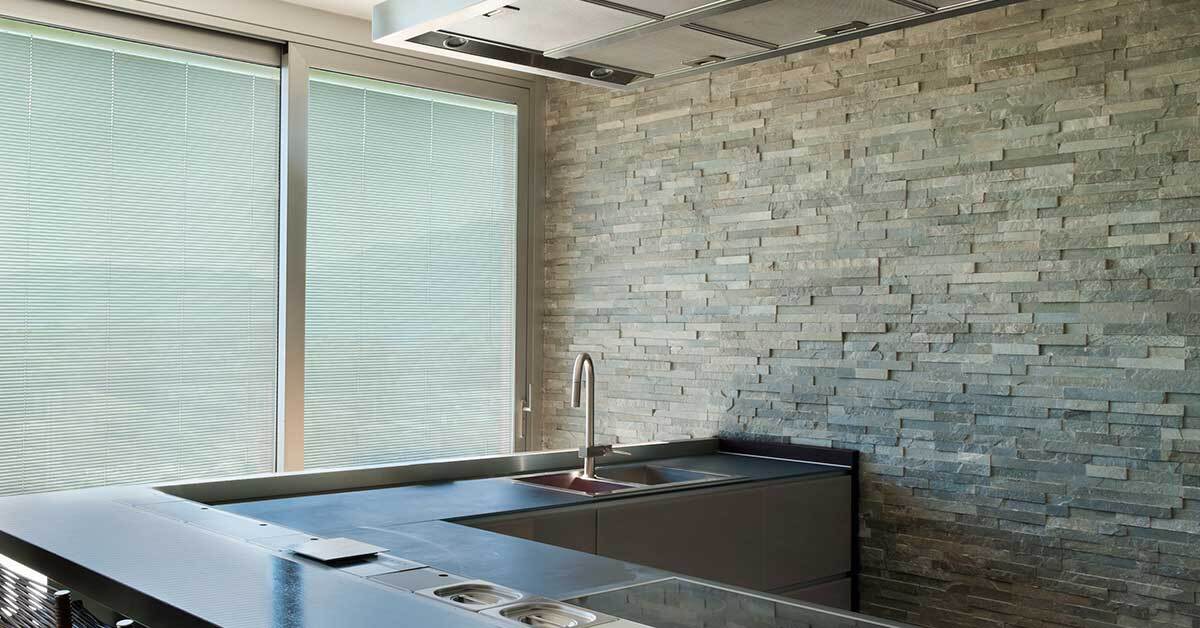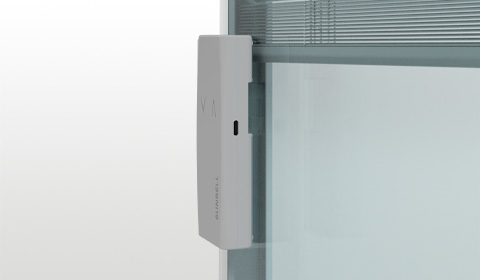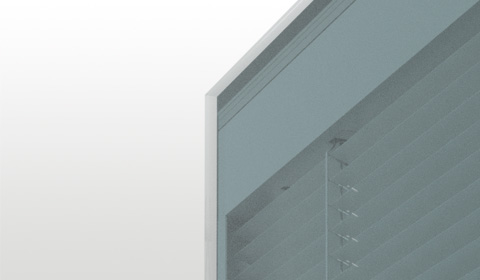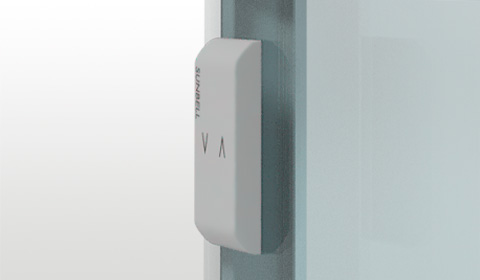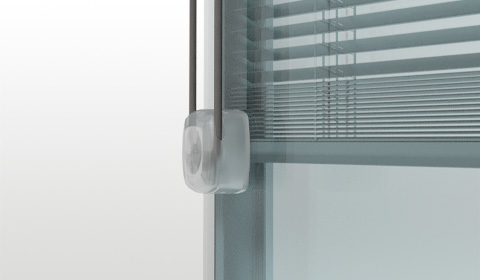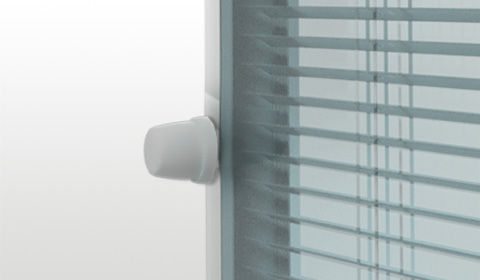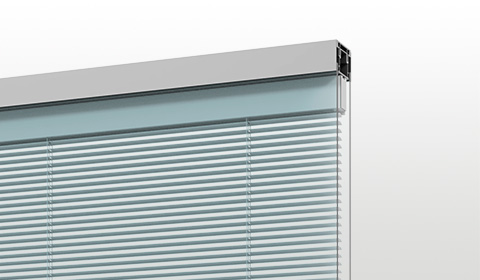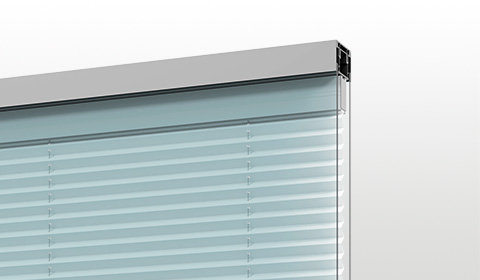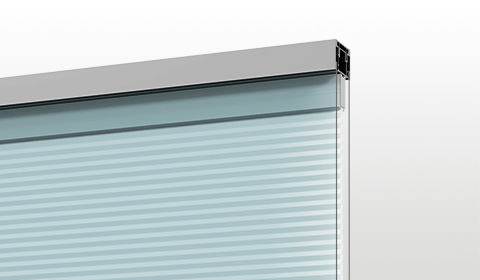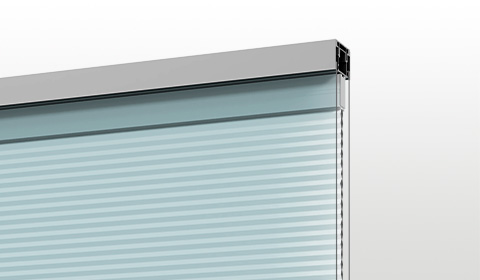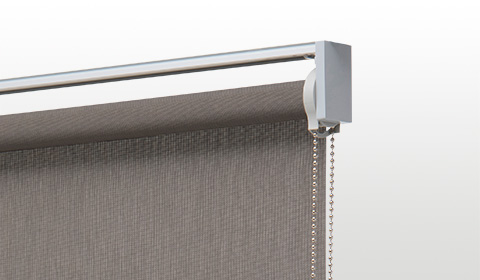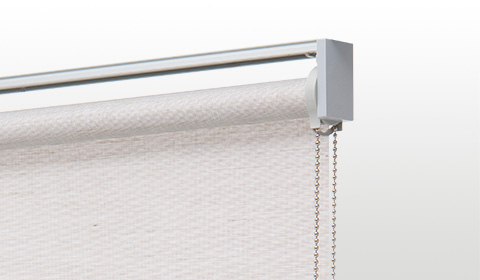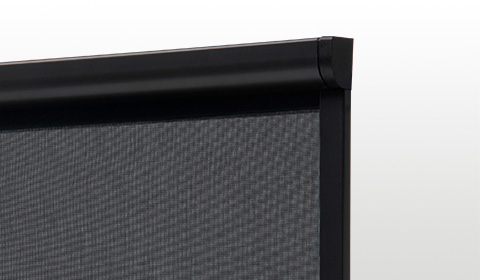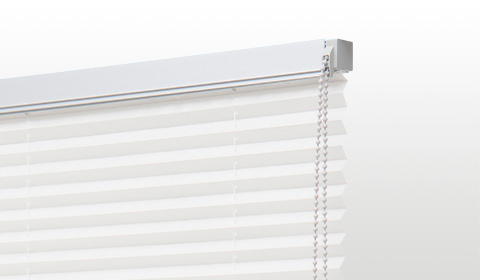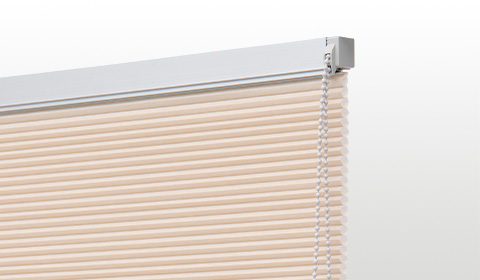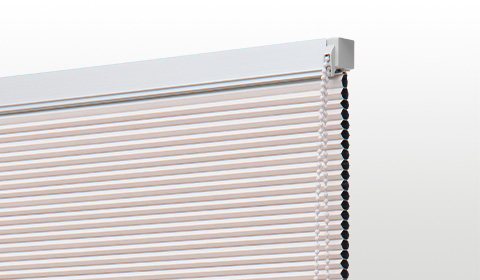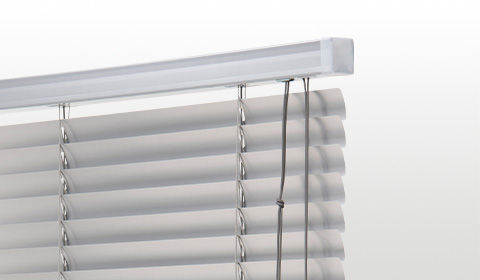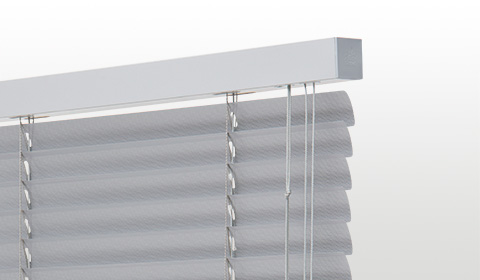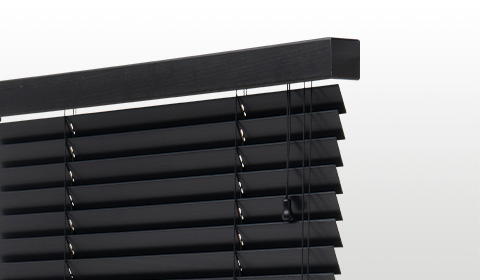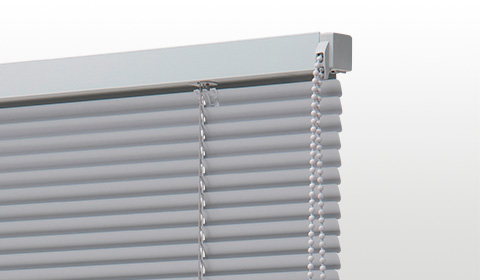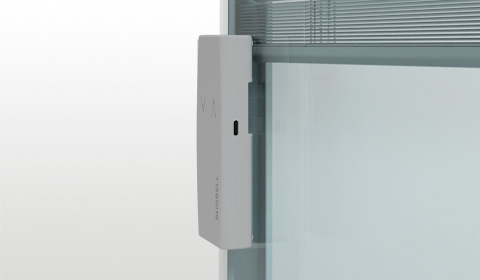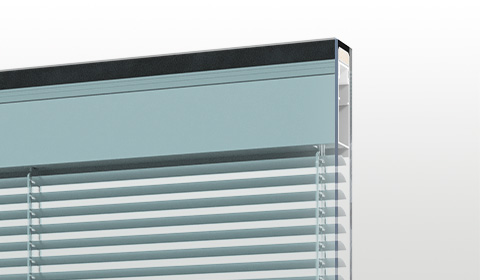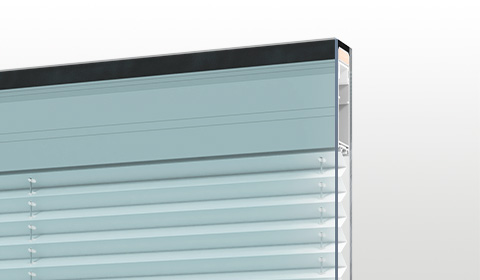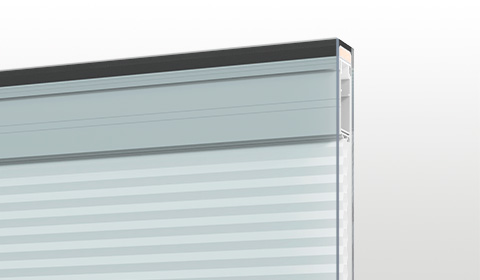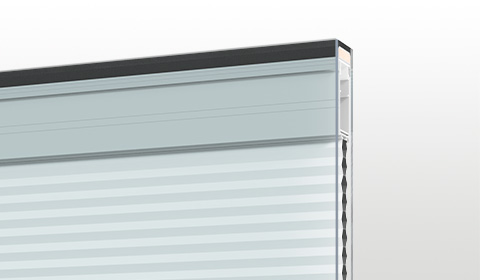During these unusual times, we have come to understand the importance of hygienic standards and the value of the air that we breathe.
Obviously, this is true not only we are outside but also for indoor spaces like our homes.
The ISS workgroup for the quality of indoor air looked at different types of environments, including private homes, offices, hospital, stations and airports, in a report entitled: “Ad interim provisions to prevent and manage the indoor environment in relation to the transmission of infection by the SARS-CoV-2 virus.“
This report essentially expands and deepens the ISS indications included in the Nuovo Coronavirus, consigli per gli ambienti chiusi poster.
- Domestic spaces: these are places where families interact daily and where working and educational activities take place thanks to digital technologies.
- Working spaces: specially designed for different purposes; these are places where co-workers, suppliers, clients and collaborators regularly interact.
In both cases, the report offers valuable advice to implement new practices to enjoy your daily life more safely.
In addition, we should not underestimate the fact that our exposure to indoor pollution can sometimes be higher compared to what we experience outside.
In this article, we will focus our attention on domestic spaces, and we will look at some small adjustments we can implement in our homes.
General advice for domestic environments
Our home is the place where we spend the greatest part of our time, especially in these times of emergency.
The quality of indoor air plays a vital role in our health
In this article, we will highlight some suggestions to prevent the pollution of indoor air and, as far as possible, prevent the spread of the Covid-19 epidemic.
Currently, there is no evidence of the transmission of this novel coronavirus through touching everyday objects, however, recent studies have confirmed that during lab tests the SARS-CoV-2 virus can remain present on surfaces such as plastic and stainless steel over time.
Below we list a few everyday precautions that we can all take in our homes.
Frequent air changes
Opening windows and balconies more frequently guarantees a healthy exchange of air, which is especially important considering that our homes are now also places of study and work.
If we do not regularly change the air in our homes, we can expose ourselves to pollution and pathogenic agents, which is why it is preferable to open our windows more than once during the day – even if only for short periods – rather than only once but for a longer period.
Whenever possible, it is advisable to open windows and balconies facing the street with low levels of traffic or during times when there are not many vehicles.
Aerating our homes is very import because the lack of ventilation can be the cause of physical discomfort: headaches, sore eyes and throat, shortness of breath, asthma, cardiovascular problems and a reduction in cognitive abilities, which may consequently also decrease our productivity.
In houses that have rooms with no windows or balconies, it is advisable to have extractors or ventilators on at all times when people are in these rooms.
When using a heating system, it is advisable to maintain the right microclimatic conditions, avoiding dry air and keeping a certain level of humidity in the air.
Regularly clean heating and air conditioning systems
If our home features an independent heating system or a home ventilation system which recycles the air present in your house, it is useful to bear a few things in mind:
- regularly clean your air filters according to the guidelines provided by their manufacturer.
- regularly clean the air intakes and outlet with a damp, microfibre cloth and soap or using 70% ethyl alcohol.
- don’t mix products when cleaning, in particular bleach and ammonia or other acidic substances like vinegar, and don’t add ammonia to your anti-limescale products.
Regularly clean the surfaces you touch the most
We should pay particular attention and clean more regularly all the surfaces of our home that we touch the most often, such as door handles, light switches and taps.
A good way to do this is to use a damp, microfibre cloth and some standard soap or 70% ethyl alcohol.
However, for both light and deep cleaning it is always advisable to:
- wear household cleaning gloves.
- avoid spraying and creating aerosols.
- if you can’t wash your furniture or other materials, such as carpets, rugs and mattresses, you should use steaming systems or opt for double glazing Venetian blinds, as they are much more hygienic.
- ventilate your home during and after using cleaning products and limit or entirely avoid the use of incense sticks, essential oil and scent diffusers, as they can emit polluting substances.
As we have seen, there are a few simple precautions to remember when cleaning our homes that can protect our health and well-being.

